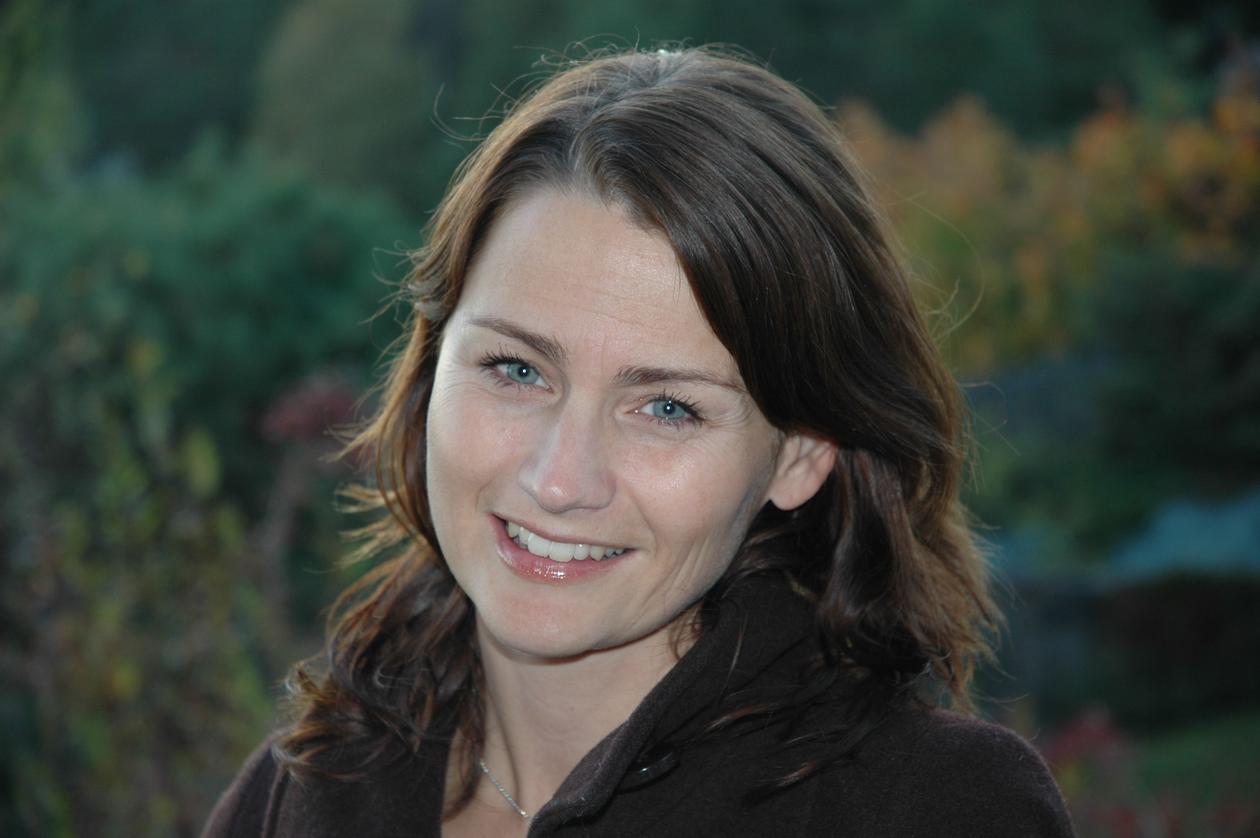Hege Bjørnestøl Beckmann
Hovedinnhold
Project title: Adolescents, music and health - a qualitative research about how adolescents use music as a resource for health and well-being
Project period: Aug 1, 2008 - March 1, 2013
Supervisor: Even Ruud
The project:
Background
I have been working as a music teacher for many years. During this time, I have been surprised by the extent of the adolescents daily engagement with music listening and music related activities. Today’s adolescents live in what can be called a “society of music”. Technical innovations make it possible for them to be constantly exposed to music and many experience how music “soundtracks” their everyday life. At the same time, resent research results state that deteriorating mental health and complaints about quality of life among adolescents are increasing. In this context, many young people claim that music can help and be a positive resource in order to handle emotions, anxiety and depression.
Focus, problem and method
The aim of this PhD-project is to explore young people’s experience of how music affects their quality of life and, more specifically, provides a positive health effect. The project seeks to explore the perceptions, strategies, models and practices that can indicate relations between adolescents’ use of music and a possible impact on their health. My main research question can be formulated like this:
- How do adolescents of today experience that active use of music may impact their health or quality of life?
My empirical data is based on a so-called positive selection. The adolescents participate in the project because they are interested in music and because they spend much time on music activities. Some of them play instruments, some are involved in bands and choir, but some of them are just engaged in music by daily listening.
The method that I use for collecting data is eighteen qualitative interviews. Ten of the participants are recruited from two different high schools in Kristiansand and eight participants are recruited from Department of Child and Adolescent Mental Health (ABUP) at Sørlandet Hospital Health Enterprise. All informants are between the age of 16 and 19.
Hege Bjørnestøl Beckmann is a PhD-student at the Norwegian Academy of Music (Centre for music and health). Her project is funded by the Department of Child and Adolescent Mental Health (ABUP) at Sørlandet Hospital Health Enterprise and Ansgar College and Theological Seminary (Ansgar Teologiske Høgskole) in Kristiansand.
